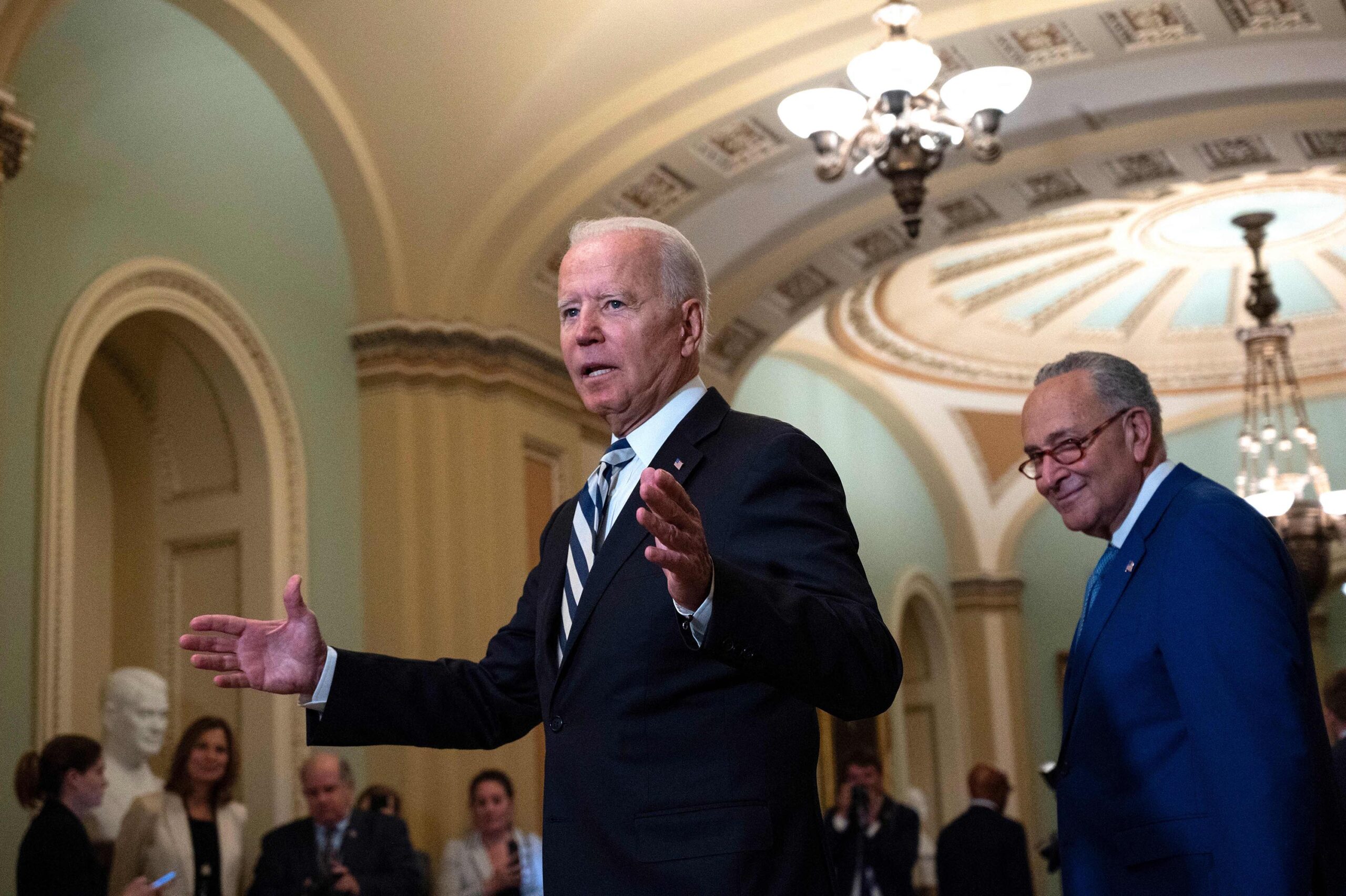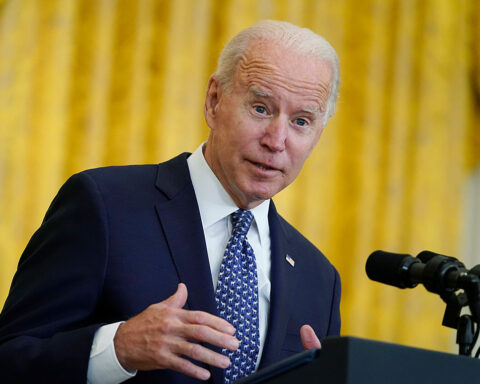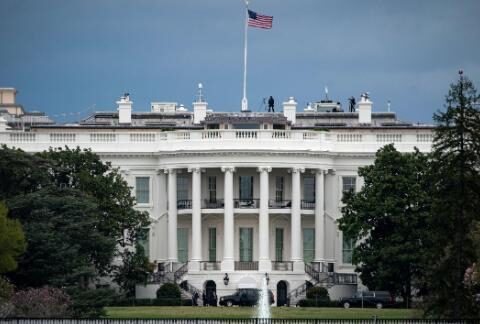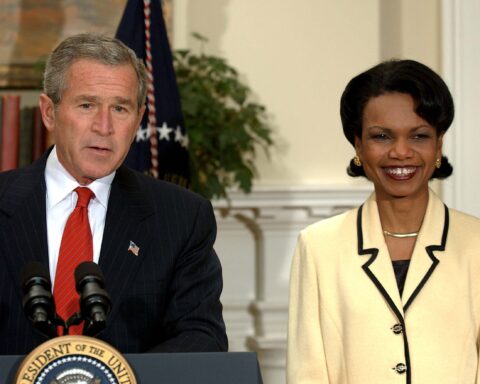President Joe Biden on Wednesday announced two new selections to serve as circuit judges as the push to name — and confirm — a raft of judicial nominees stays a central focus of the White House and Senate Democrats, according to a White House official.
Biden has selected Andre B. Mathis as his nominee to serve on the 6th US Circuit Court of Appeals, the official said. Judge Alison J. Nathan will be nominated to serve on the 2nd US Court Circuit of Appeals. Nathan is currently presiding over the criminal trial of former Jeffrey Epstein associate Ghislaine Maxwell.
The selections mark the latest effort to fill critical appeals court openings, which are viewed as exceedingly important in the effort to shape the second-highest courts in the country. Biden’s two latest picks will bring his total number of circuit court nominees to 16 so far.
Biden and Senate Majority Leader Chuck Schumer have made quickly filling openings across the federal judiciary a focal point of the first 10 months of Democratic control of the White House and Senate, and have already secured the confirmations of nine circuit judges and 19 district judges. Biden’s latest picks will mark the 63rd and 64th judicial nominees of his first year in office.
Schumer has made clear to his members that floor time for votes on Biden’s nominees is critical and Senate Judiciary Chairman Richard Durbin, an Illinois Democrat, has made processing and advancing nominees a central component of his committee’s work.
Biden served as Judiciary Committee chair during part of his 36 years in the Senate.
“President Biden has spent decades committed to strengthening the federal bench, which is why he continues to move rapidly to fill judicial vacancies,” the official said.
The speed of the effort — and the focus Biden’s team has placed on quickly identifying, naming and sending nominees to Capitol Hill — comes as Democrats both inside and outside of government have placed a new emphasis on the issue in the wake of former President Donald Trump’s sweeping effort to confirm more than 230 federal judges during his time in office.
Trump’s success marked a cornerstone achievement for then-Senate Majority Leader Mitch McConnell, a Kentucky Republican, and elevated the issue among Democrats, who saw the balance of courts from the Supreme Court on down reshaped before Trump’s 2020 election defeat.
But beyond the speed of confirmations, Biden’s two circuit court picks mark the latest demonstration of what has become a clear model for the President’s judicial nominees over his first year an office — a group officials point to as defined by diversity in their personal and professional backgrounds. Mathis, who currently works in private practice at Butler Snow LLP, would become the first Black man to serve on the 6th Circuit in 24 years if confirmed.
Nathan, currently a district judge for the Southern District of New York, would become the second out LGBT woman to serve on any federal circuit court. The first, Beth Robinson, also was nominated by Biden to serve on the 2nd Circuit. She was confirmed by the Senate earlier this month.
Nathan addressed the potential selection on Wednesday, assuring that she would continue to oversee the Maxwell case regardless of any potential nomination.
“Needless to say, I am honored, but let me be clear: If I am nominated, I, like every other district judge who’s been considered for elevation to the circuit, will continue to do my day job, which means presiding over this trial through completion and handling the literally hundreds of other civil and criminal matters on my docket,” Nathan said.
Maxwell is charged by New York federal prosecutors with conspiracy and enticing minors to travel to engage in illegal sex acts, and the transportation of minors to engage in criminal sexual activity for allegedly grooming and recruiting underage girls from 1994 through 1997. The trial is in jury selection.
In total, 73% of Biden’s judicial selections to this point have been women and 27 percent have been African American. The President has also nominated 20 public defenders, 14 civil rights attorneys and 5 labor lawyers in his push to expand beyond the traditional professional backgrounds that have often dominated the makeup of judicial nominees.




